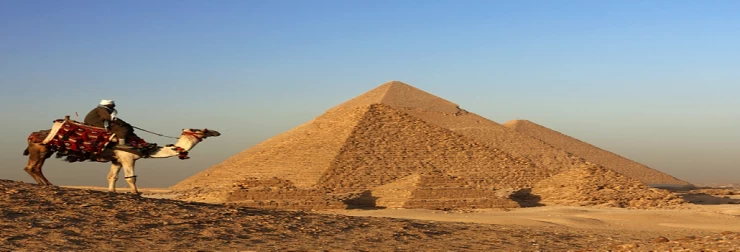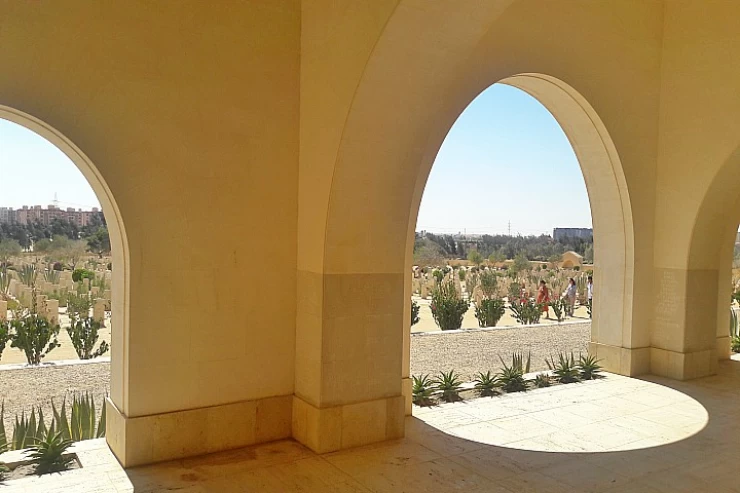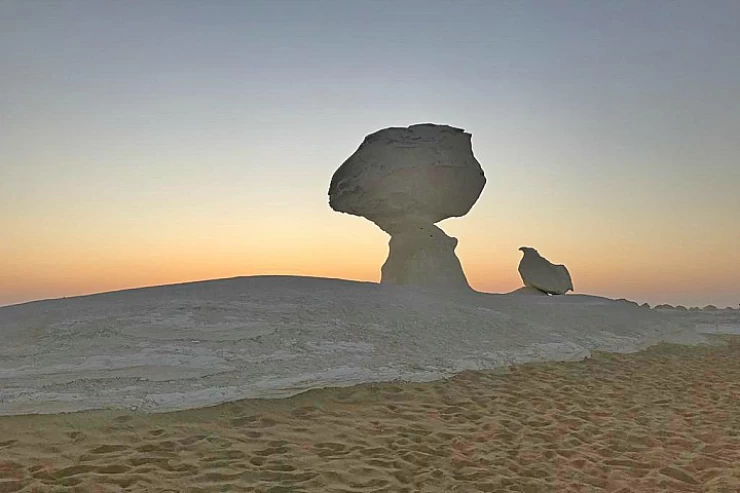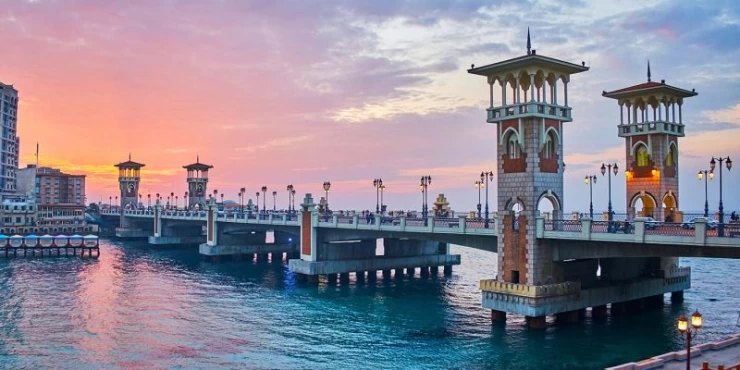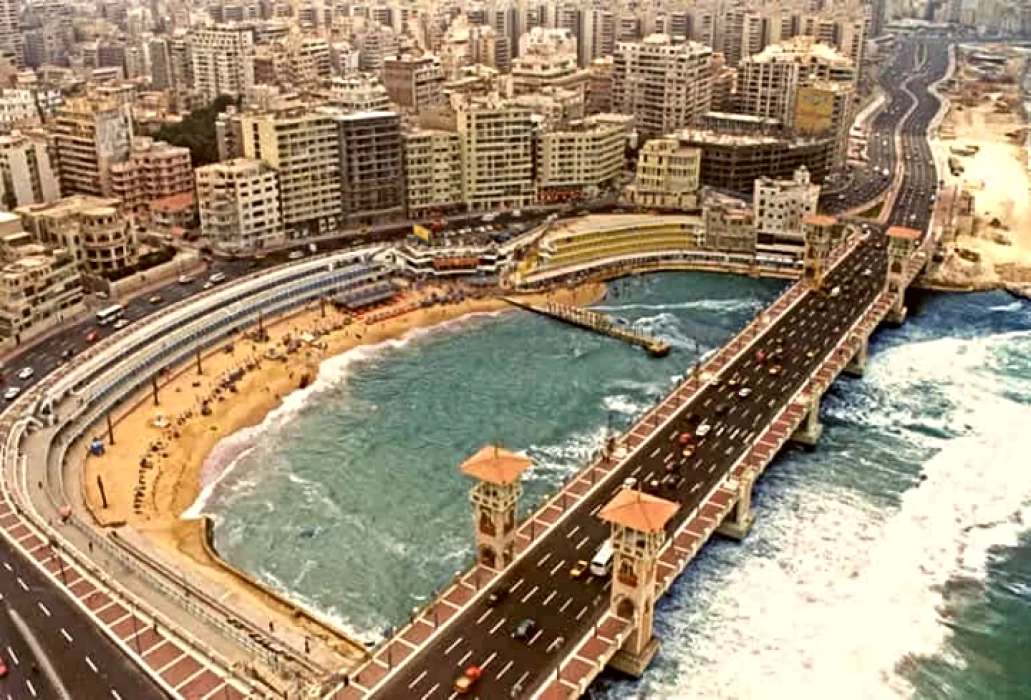
History of Alexandria Governorate
Alexandria ancient
The narration of the history of Alexandria starts in the year 331 before Christ when the city was established by Alexander The Great. The cities of Alexandria, and Abu Qir are based along the coast, and have been regarded by their visitors, historians, and even of the Greeks and Romans and Arabs as woven with history. Those two cities were museum cities, preserving the remnants of the ancient people who had created them. Such sculptures had a place on earth but were not present above ground in any coordinated or fused outlay, over a period of time. Ancient Abu Qir succumbed and lie below the waters of the Abu Qir Bay.
Alexandria sinking
In the latter part of the eighth century, Alexandria, with its splendid royal palaces and temples, sank beneath the waters of the eastern harbor between the mouth of the chain and Qaitbay Fortress. Oddly enough, it slanted in one way, as though the two towns were perched on a precipice that abruptly fell. After a millennium, the two cities vanished. The floods that flooded the two cities, including the well-known Alexandria Lighthouse, are credited with causing this.
During the Islamic period, this disaster took place. Hence, while diving, coins, Islamic relics, pillars and parts of temples belonging to the Pharaonic, Greek, Roman and Islamic periods were discovered. In Abu Qir, the remnants of Napoleon's fleet which was sunk in the Gulf by the English forces in the year 1798 were discovered.
Finally, we will mention that from the perspective of the Unknown Soldier statue, located in Manshiya, if we look towards the eastern harbor, we will understand that underneath the waters lie the ruins of the renowned city of Alexandria. There was once a civilization that flourished and was lost, and such a civilization brought so many amulets to this conurbation, which in turn gave rise to the present museum city. And all they have is a history that is lost and buried deep under the ocean.
Alexandria was founded by Alexander the Great in 331 BC (the exact year is disputed) as Ἀλεξάνδρεια (Alexandria). Dinocrates was Alexander's principal architect for the project. Ancient accounts are numerous and highly varied, and much influenced by later developments. One of the more sober descriptions, given by the historian Arrianus, recounts how Alexander drew up the general layout of the city, but lacking chalk or other means, he resorted to sketching it with grain. Many of the more fanciful founding legends of Alexander's love affair have been picked up by medieval historians.
A few months after the founding of the city, Alexander left Egypt for the east and never returned. Cleomenes, one of the generals of Alexander, continued to take steps in the attenting of the city even after he left the city.
The commander known as Ptolemy (later Ptolemy I of Egypt) completed the task of relocating Alexander to Alexandria during a competition with the other successors of Alexander the Great. Julius Caesar was among the numerous ancient visitors to Alexander the Great's tomb. The Ptolemies introduced the fiction of Alexandria together with the imagery of the tomb and the lighthouse to support their claim to rightful control in Egypt.
Alexandria was supposed to serve as the bridge connecting Greece and the fertile Nile valley, and to take the place of Naucratis as the Hellenic center in Egypt. There is only one place where this city may be on the Egyptian coast: directly west of the Canopic branch, the westernmost branch of the Nile estuary, which is located beyond the window of the island of Pharos once the silt of the Nile has been cleared. Through a canal from the Nile, the city may simultaneously benefit from a fresh water supply. Special defense against invading soldiers was offered by the vast Libyan Desert to the west and the Nile Delta to the east.







